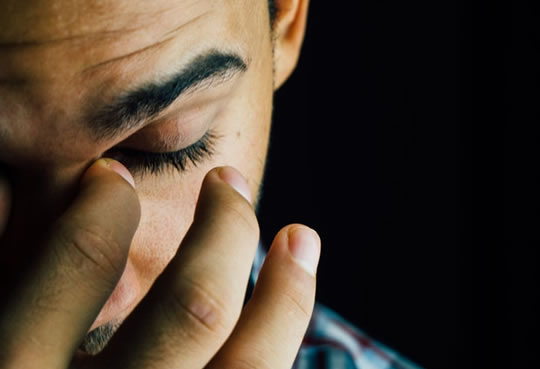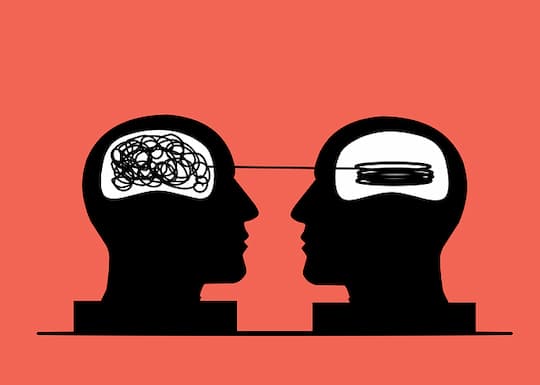Around 16 million people in the US are thought to suffer an episode of depression each year.
Most people diagnosed with depression get no treatment at all, research finds.
Only 35.7 percent of people start some kind of treatment for their depression, an analysis of 240,000 US patients has revealed.
Of the third who do start treatment, most (80 percent) take antidepressants rather than choosing psychotherapy.
Even among people with severe depression, only half start on some form of treatment.
Older people were less likely to choose psychotherapy.
They are also less likely to start any kind of treatment than those under 44-years-old.
Dr Beth Waitzfelder, the study’s first author, said:
“Our study, which was much larger than previous studies, provides important new evidence about the current scope of the problem among leading health care systems across the country that are striving to improve depression care in primary care settings.
Screening for depression in primary care is a positive step toward improving detection, treatment and outcome for depression, but disparities persist.
We need a better understanding of the patient and other factors that influence treatment initiation.”
The conclusions come from an analysis of over 240,000 people who received depression diagnoses between 2010 and 2013.
Around 16 million people in the US are thought to suffer an episode of depression each year.
Dr Waitzfelder said:
“Over the last decade, there has been a growing effort to raise awareness about mental health and to integrate mental health care into primary care.
This is a positive development, since most people receive care from primary care providers.
However, our study shows there is a lot more work to do to understand why many depressed patients do not begin treatment.”
The study was published in the Journal of General Internal Medicine (Waitzfelder et al., 2018).










